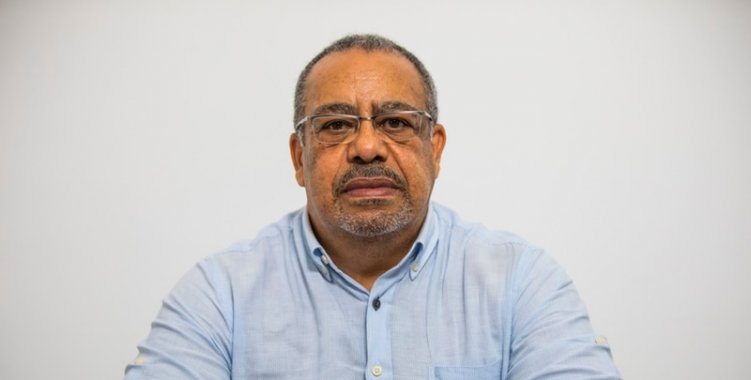The economist commented to Lusa on the causes and effects of the general strike called by the three trade unions, which began on Wednesday.
The analyst said that João Lourenço's mandate has been characterized by "total social confusion".
"The President only talks to the bosses (...) and only remembers the workers on the eve of the elections, raising salaries. Now, there is no country that functions without social agreement, we have to have a country where the workers are ears", he declared, on the sidelines of the presentation of the book "Compreender a Angola de amanhã... hoje", by economist Manuel Alves da Rocha, which took place in Luanda.
"I think this is a warning, that it could be an opportunity for the Government, now let's see if the Government has noticed", he observed, regarding the general strike.
The professor also argued that Angola must have an income policy, which currently does not exist.
"The result is a drop in total purchasing power", he stressed, estimating that since 2014, when the crisis began, workers earning the minimum wage have lost 65 percent of their purchasing power and 40 percent since João Lourenço assumed his first term as President.
"There is no economy with poverty wages", highlighted the economist.
Asked whether there are conditions to respond to the unions' demands, Carlos Rosado de Carvalho said that to restore the minimum wage to the value prior to the time of the crisis it would be necessary to increase the current 32 thousand kwanzas to around 92 thousand kwanzas, concluding that the 100 thousand kwanzas claimed by the unions "are a good job proposal".
Furthermore, "there is data that says that there is room to increase salaries in Angola, which is the distribution of income".
In the case of Angola, he continued, workers only get 25 percent of the national income, while in Brazil they get 45 percent. "Therefore, there is scope to, under current conditions, increase salaries with a better distribution of income (...) as long as there is a desire", he highlighted.
Angola began its second general strike since 1998 on Wednesday, the first with the participation of the three union centrals.
The union centrals unanimously approved an interpolated general strike starting on March 20th and which will take place in three phases, with a first period of three days between March 20th and 22nd, another of seven days between April 22nd and 30th and another 11 days between June 3rd and 14th, 2024.
Unions and the Government do not understand each other on issues related to the increase in the minimum wage and civil service salaries, but both parties express their willingness to continue negotiating.
According to the unions, the first day of this interpolated strike had 95 percent participation and was also marked by the arrest of strikers and complaints of threats and coercion.







